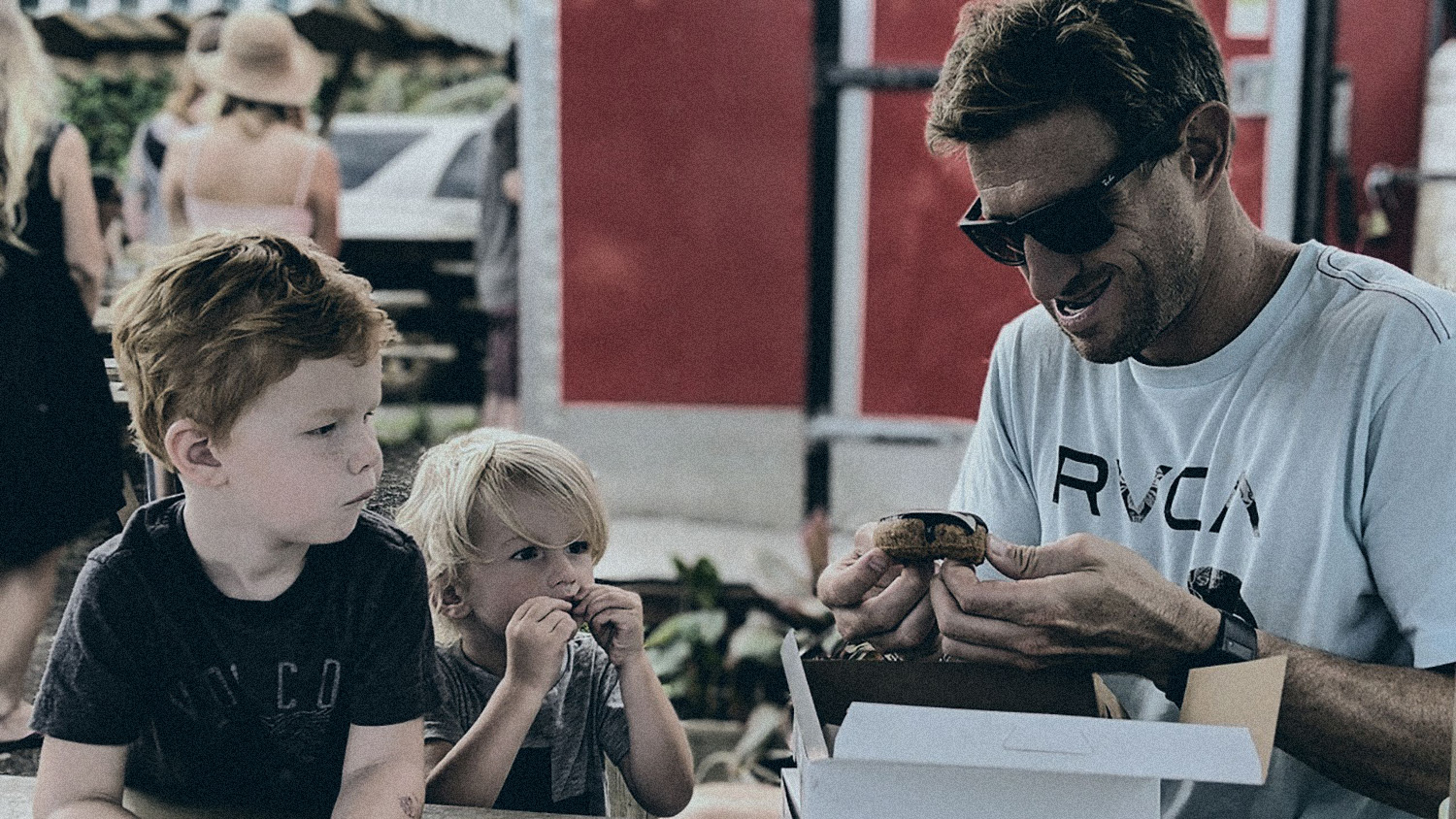Operating With Intention.

I’ve recently been focused on the idea of being intentional. I define that simply as having a reason, a purpose, behind doing whatever it is that I’m doing. Once you go down the path of having a purpose, it’s almost impossible for the next step not to be a plan.
This last week my effort to be intentional has been most evident as a parent. My two toddler boys are curious, adventurous and emotional as hell, and being present and aware of how my reactions to those emotions are affecting them has been challenging, but rewarding. The more I think through it as a game of life, the more I get excited about the incredible impact I can have on who they become and the relationship we’ll form over their lives. Having a purpose, or a hope in many cases, is helpful, but having a plan is necessary in order to see your purpose come to fruition.
A plan can be simple. I’ll use and share the framework from Principles by Ray Dalio, shared in a recent post. Start with a clear GOAL. Write out your intention. It’s critical to get this one paper (or digital, just write it.) Then identify the top reasons you’ll fall short of your intended goal. I call these FAILURE MODES. Write those down too. Then write out a few ways you’ll avoid each failure, Ray calls this the DIAGNOSIS. Then with every ounce of intentionality you have, write the PLAN that gets your around the failure modes. Then just go do it. The simplest part to say, the hardest part to accomplish.
In my parenting, my goal was to help my son realize why he was sad. The failure mode was me getting emotional, typically frustrated or angry, that he was so emotional. The diagnosis was that I would react quickly to his emotions so my plan was to wait 30-60 seconds before doing or saying anything to him. Let him experience his emotions for a minute to feel what that was like. It let me breath and think through my intentions before just acting. My plan was then to ask him question vs telling him what to do/feel. “Whats going on buddy?” “Why do you feel this way?” “What can I do to help you?”
It didn’t work all the time, but I’ll tell ya what, it felt good. And it was better than the alternative.
With this topic on my my I re-listened to Oprah’s podcast w/ Dr. Shefali Tsabary about Concious parenting, which will challenge any parent to their core. One simple idea to noodle on from the convo is that the child existing to shape the parent vs the generally accepted hierarchical alternative of the parents existing to raise the child. When we rethink about the expectations that we project onto our children we realize we shape them to not only be “like us” but “to be the most perfect versions of us” which is not only unfair, but unrealistic and destined for disappointment. Nothing will make you want to be more intentional than when you realize you’re daily shaping the person your child will become.
I’ve also thumbed the pages of the Patagonia (yes the clothing brand) book called Family Business about the reasons behind, and the practices within the daycare & home school offered to the children of Patagonia employees. This is a gem, more as a reference, but I love it because it weaves together family life and business life philosophies that resonate with me. And, they are business practices I wish I could have been a part of implimenting in past companies, but will certainly seek to employ in the future.
So, back to intentionality. All these micro processes take time, but you must know what it is you actual want. You must be self critical and self aware that the way you “accomplish” is as important as what you accomplish. I personally found these lessons of intentionality which start out specific to parenting to be insanely practical in operating a company, in investing into companies, and frankly for any-one wants accomplish things in their life. There is something profoundly OK with your intention being a set of ideals, and your result set being the cumulative of where you’ve fallen short. In fact, that is the only possible reality.
photo cred: rob lafave


